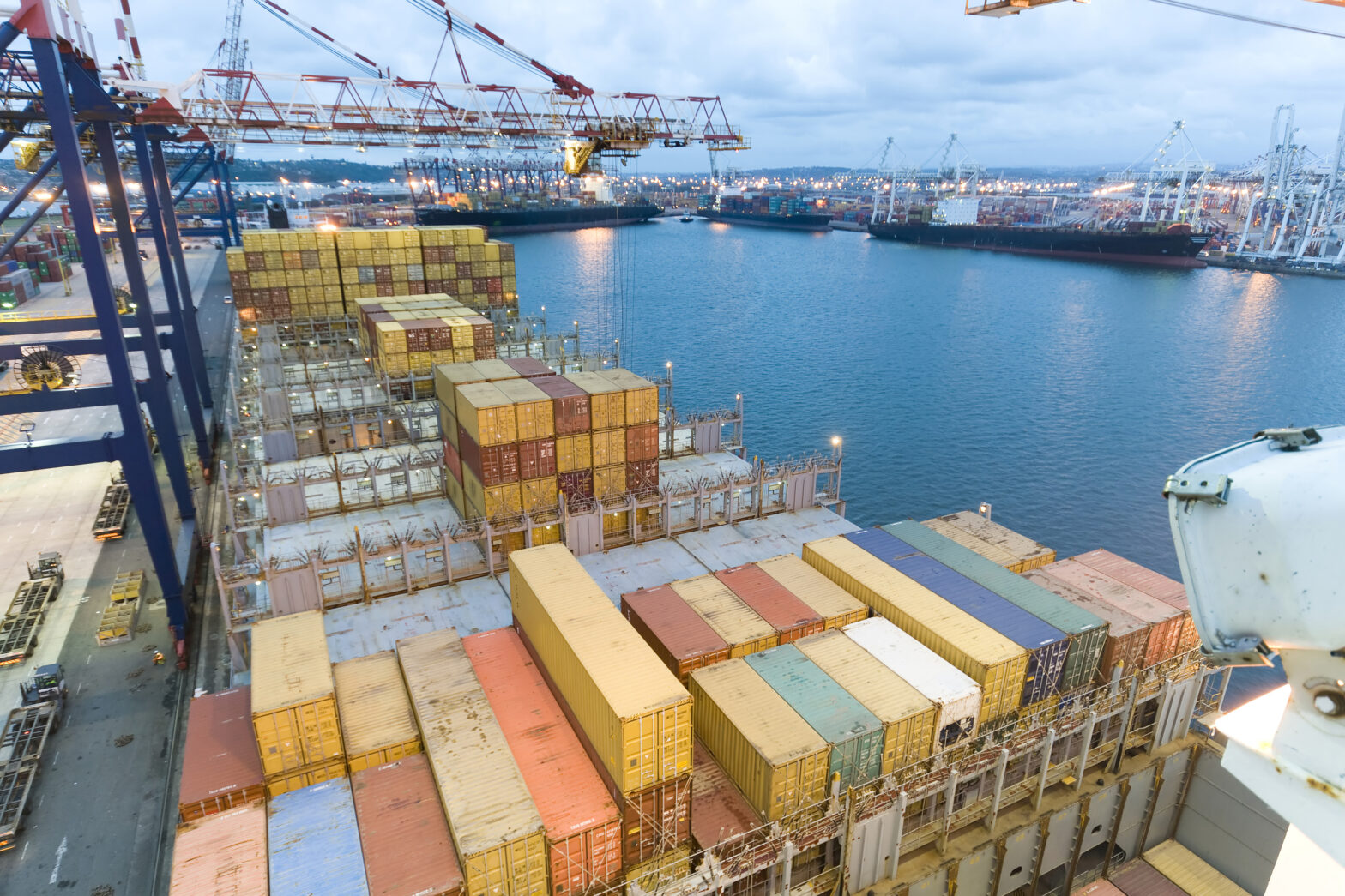Amidst the ever changing political and economic landscape, SMEs appear to be optimistic and in particular are making an impressive contribution to the UK economy by increasing overseas trade; taking advantage of the changing value of the Pound. Figures from the latest FedEx SMEs Export Report reveals that nearly two thirds (63 per cent) of SMEs in the UK are exporting.
However, trading overseas is not always an easy process. There are many considerations that businesses need to take into account before looking to export; and it’s important to understand that success is never a given. There are number of things businesses should get in place first before dealing with foreign markets.
See also: 10 tips to compliance when trading overseas
Assess your business
Don’t aim too high, too quickly. By doing so, you’ll be risking much of your hard-earned cash and your business could come to a sudden holt if you fail. Be realistic and ask yourself if your business is definitely ready for expansion overseas? Will you be able to satisfy an increase in demand? If you’re uncertain, remember, there’s no rush.
Conduct thorough market research
Although it might sound obvious, it’s important to do your research before deciding to trade overseas. And keep in mind that you can never do too much research. You’ll need to know the ins and outs of the foreign market you want to break into; from culture to currency.
Firstly, look at other SMEs in your industry who are successfully trading overseas. Find out what kind of figures they’re bringing in. This will give you an idea of how much cash you’ll need to fully support such an expansion.
At the same time, you’ll also gain insight and knowledge into your competition overseas. Additionally, research who your local competitors will be to ensure you have a complete view of the market.
Don’t forget to research the laws, legislations, taxes and trading standards in the countries you’re hoping to trade in. These differ country to country, so spend time researching whether it will be safe for your product to go to market.
There’s a chance you may be required to use local, overseas manufacturing processes to meet trading standards and achieve product compliance. Keep this in mind when you are considering a market and budgeting.
You’ll also need to investigate the demand for your products in new markets as well as if the market share is really there. If there’s little to no demand, then explore other options. Having this in depth local knowledge will be like gold dust when you begin trading.
Localise and invest in your marketing
Make sure you appeal to a different market in a foreign country by localising your offering. While a specific approach to marketing in the UK might have successfully attracted new customers, it’s unlikely to work the same way in the Asian market for example. Every country is different and requires a tailor-made approach.
Widen your knowledge on marketing practices in the country you want to do business in and spend time thinking about how you’ll adapt to appeal to different people, businesses and cultures effectively. You might be required to adjust things like tone of voice when a direct translation is not enough.
Put aside some of your budget for foreign marketing data. Investing in this could be the difference between success and failure as it will give you leads to follow up front as opposed to going in completely blind. Remember that a marketing campaign is useless if it’s not targeting the right people at the right time.
Don’t forget to credit check
Just as you would on home turf, it’s crucial to credit check when trading overseas. There is a common misconception that you only need to credit check new customers to suss out their payment behaviour. While this should be a priority before beginning a new relationship and will help reduce risk, there are also other reasons for credit-checking.
If you’re shipping your product to a customer overseas, you will also need to credit check your suppliers and exporters. If you fail to do so and experience issues with them, you could be left with no product to sell.
It’s key therefore to be monitoring them as well as your customers. In summary, you need to be cautious with everyone you’re doing business with, both in the UK and abroad, to make sure you’re as competitive as possible.
Follow these tips, and hopefully you’ll soon join the rising number of UK SMEs enjoying increased revenues from overseas trading.
Written by Rachel Mainwaring, operations director at Creditsafe.





